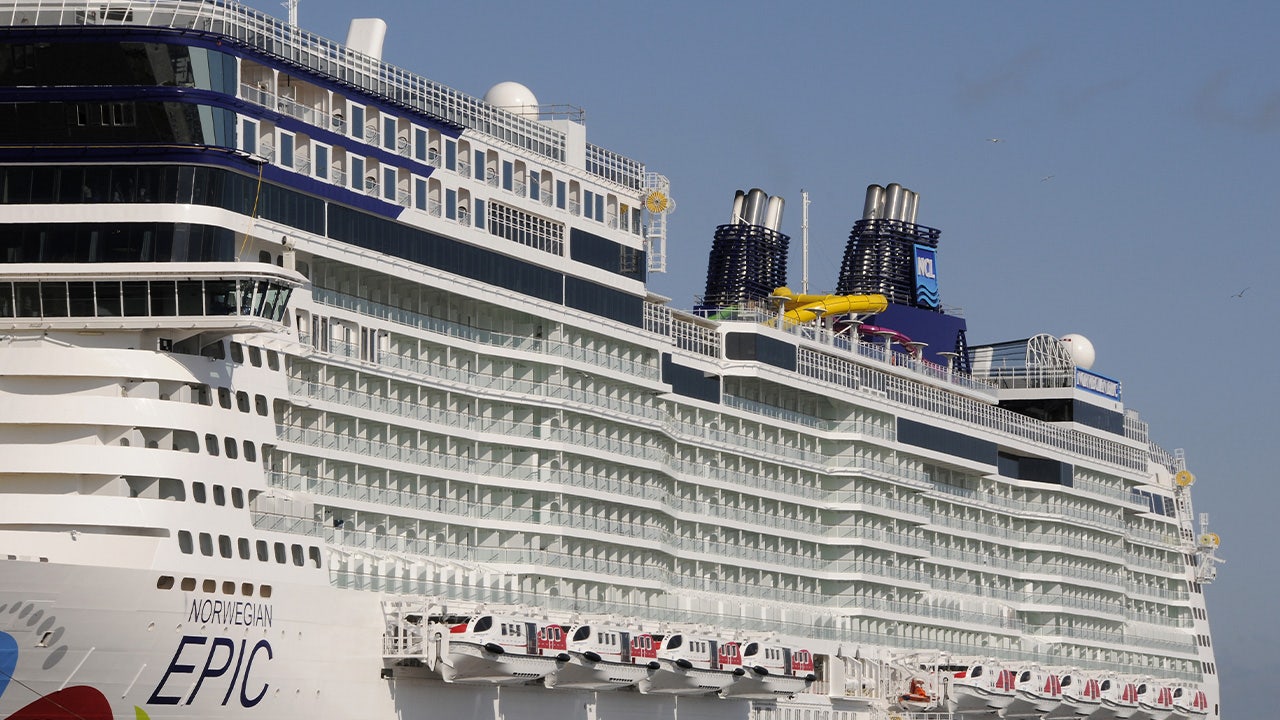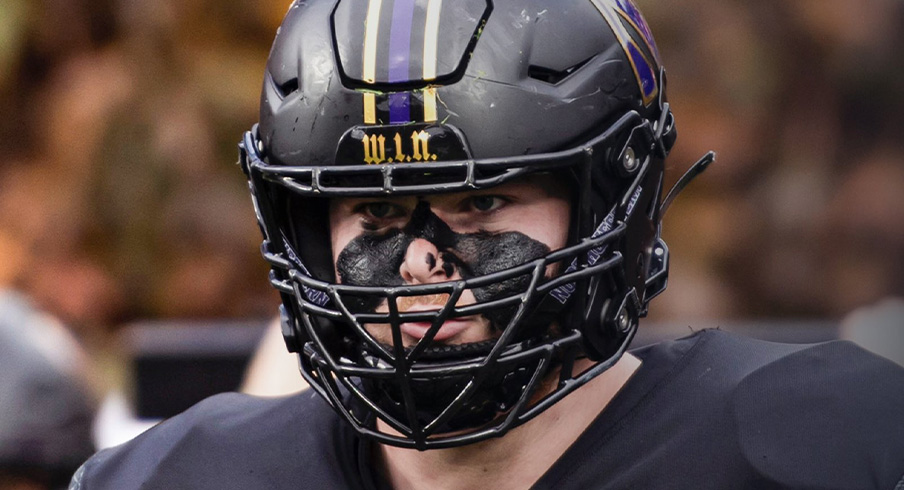Sir Keir Starmer is being urged to get a grip on online hate as Britain’s riots crisis sparked calls for social media bosses to be held ‘criminally liable’ for vile content.
The outbreak of far-right violence across the UK’s towns and cities in the wake of the Southport stabbing attack has brought fresh condemnation of tech firms.
Ministers have blasted major companies for not doing enough to prevent the whipping up of disorder and for ‘allowing hate to be spread’.
They have accused firms of permitting ‘intimidation’ to go ‘unchecked’ online as the riots stretch into a second week.
Social media chiefs are also under fire for allowing disinformation to flourish after the Southport attack, including false claims about the identity of the suspect.
Amid the worst rioting in the UK for more than a decade, the PM has warned that anyone stoking violence on the internet can be prosecuted and face prison.
Sir Keir has also engaged in a war of words with Elon Musk, the controversial owner of X, formerly known as Twitter, over the riots.
But one of his most senior ministers, Technology Secretary Peter Kyle, has admitted the world’s richest man is ‘accountable to no one’.
Riots broke out in Plymouth on Monday evening as violent disorder on Britain’s streets stretched into a second week
Sir Keir Starmer is being urged to get a grip on online hate as the riots crisis sparked calls for social media bosses to be held ‘criminally liable’ for vile content
Sir Keir has also engaged in a war of words with Elon Musk, the controversial owner of X, formerly known as Twitter, over the riots
Mr Musk used his X social media site to reply to a post that blamed ‘mass migration and open borders’ for unrest in the UK
Mr Musk, also the boss of Tesla and SpaceX and estimated to worth around $220billion, claimed ‘civil war is inevitable’ following the violence in the UK.
He also branded the PM as ‘Two Tier Keir’ as he fuelled far-right claims that UK police treat some groups more harshly than others.
Mr Kyle suggested dealing with powerful tech firms is more akin to diplomacy with other nations than the Government’s usual relationship with businesses.
He told The Times: ‘Elon Musk has the power to have a profound impact the outcome of the war between Russia and Ukraine and he is one person who is accountable to no one.
‘People who know him say, ‘There’s a lot of depth to him. Never underestimate his intellect’.
‘But I also don’t underestimate the impact that he can have, not just on public discourse, but on actual facts on the ground.
‘So, the relationship we have with some of these companies is much more akin to the negotiations with fellow secretaries of state in other countries, simply because of the scale and scope that they have.’
Mr Kyle recently met with representatives of TikTok, Google, X, and Facebook and Instagram owner Meta in the wake of Britain’s riots.
He noted how most major tech firms have their own foreign policies and ‘will decide what their relationship is like with different territories’.
‘The relationship you have to have with them is unlike any relationship any previous administration would have ever had to have with a private sector organisation,’ he added.
‘It doesn’t mean that we go cap in hand. It doesn’t mean that we are disempowered. It just means we have to be sophisticated, and we have to be modern in the way that we interact.’
Sir Thomas Winsor, who previously served as Her Majesty’s chief inspector of constabulary, rejected Mr Musk’s suggestion of ‘two-tier policing’ in the UK.
The top policing expert told LBC radio: ‘Mr Musk it seems to me should stick to batteries, cars and rockets.
‘Because he’s very good at it and leave to the UK authorities the job of dealing with the protection of the safety and security of our communities.’
Sir Thomas warned that issuing fines to some of the world’s richest companies for tolerating ‘harmful material’ on their social media platforms was ‘not enough’.
He also demanded that major tech firms should have to be licensed before they can operate in the UK.
This would allow a regulator to put firms ‘out of business’ if they breach the terms of their licence, he said.
Sir Thomas called for ‘criminal liability’ for top bosses at social media companies who tolerate ‘harmful material’ and an incitement of crimes on their sites.
When asked how the online sector should be policed, he told LBC radio: ‘It should be policed according to the law and vigorously.
‘I think the Online Safety Act is a big step forward but it doesn’t go far enough.
‘In my State of Police Report which I gave to Parliament in 2018, I made the point that some social media companies, internet companies, now own and operate what, to many people, have become significant pieces of public infrastructure
‘And therefore their stewardship of that infrastructure is not purely a matter of commercial freedom.
‘I said that merely fining some of the world’s richest companies for tolerating the presence of harmful material on their websites, and incitement to commit a crime is itself a crime, is not enough.
‘I said there should be criminal liability for senior managers and that should be at the heart of a system of regulation.’
The former chief inspector of constabulary also demanded the implementation of a licensing system for social media companies operating in the UK.
‘I’m not talking about individuals but if there are executives of large companies and those companies have or are thought to be committing offences – the regulatory system which I contemplated and spoke about five years ago was creating a licensing system in the UK,’ he added.
‘In other words, you need a licence from the government regulatory authority to operate public infrastructure like you do with energy, telecommunications, water and transport – they’re no different.
‘And the conditions of those licences and if you break them, you can lose your licence, so you’re out of business.
‘The conditions of the licence could say that the senior executives of the company must spend at least two weeks a year in the UK, and when they come to the UK, they can be lifted.’
Jim McMahon, a housing, communities and local government minister, said there was ‘no doubt’ that ‘online platforms have not stepped up to their responsibilities’.
‘They are allowing hate to be spread, they are allowing division to be common place and they are allowing intimidation, unfortunately, to go unchecked,’ he told BBC Radio 4’s Today programme.








